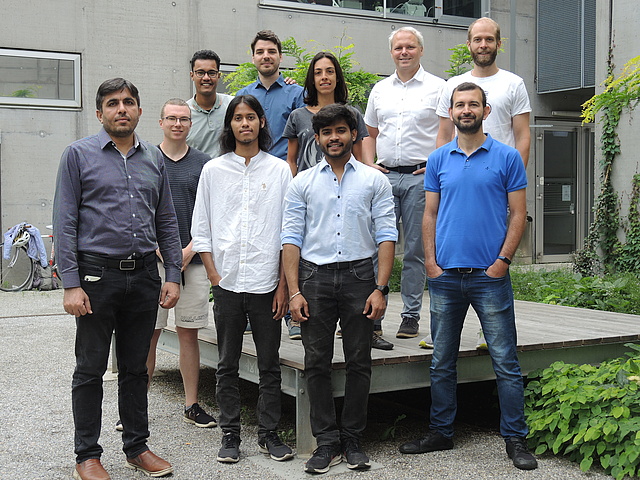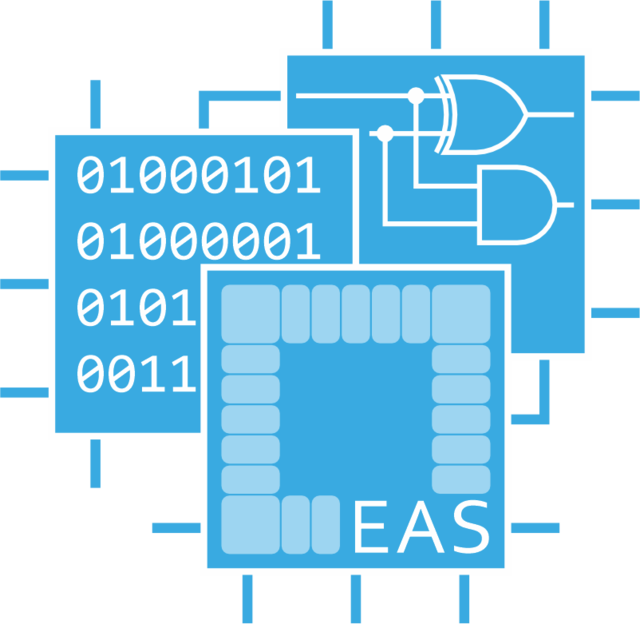"Embedded Architectures & Systems" Group

The Embedded Architectures & Systems Group, headed by Prof. Dr. Marcel Baunach, focuses on applied and basic research on hardware and software for highly dependable and sustainable embedded systems. Novel processor architectures and operating systems for future transportation, advanced robotics, and the Internet of Things are just some examples.
Regarding hardware, our research is on partially reconfigurable and extensible, yet dependable computing platforms. We focus on designing modular microcontrollers that can be changed at runtime and the optimization of hardware design flows. Regarding software, our research is on sustainability through updates, verified correctness, portability to new hardware, support for re-configurable MCUs, and the integration of AI/ML into application and system software.
Group members

Univ.-Prof. Dipl.-Inf. Univ. Dr.rer.nat. Baunach Marcel Carsten
Institute of Technical Informatics
VCard













